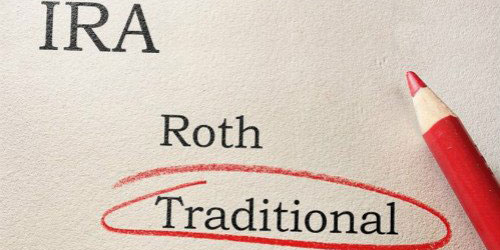One of the best ways to catch identity theft immediately is to monitor your credit report, although that's not the only benefit of doing so. What to Check on Your Credit Report that Your creditors and loan providers must submit correct account information to the credit bureaus since this directly impacts your credit score and access to credit. It may also act as a credit and borrowing account audit for your financial health. Through the end of the year 2023, you may visit AnnualCreditReport.com to acquire a free credit report every week from Equifax, TransUnion, as well as Experian. There are three primary categories of data that may be seen on a credit report.
Identity Theft Warning Signs
The most recent Javelin Identity Fraud Study estimates that over 14 million individuals were affected by identity theft in 2018. If you don't monitor your credit report often, it may be months before you notice any changes that would indicate identity theft has occurred.
Examine Your Credit Report For Unknown Accounts

Examine your credit report carefully to verify the accuracy of all accounts mentioned (or at least they used to). If you discover accounts that aren't yours, mark them so you may delete them from your credit report via the dispute procedure later. You may also have to notify the creditor about the fraudulent account. Verify that the companies listed in "Inquiries" are the ones you approached for credit.
Inaccurate Information
According to FTC research from 2013, one in four customers discovered inaccuracies in their credit reports which could impact their credit scores. Check your credit report to make sure it is correct, has all the necessary information, and was updated within the appropriate period for credit reporting.
Verify Your Employer And Address Are Correct
While details like your place of employment and residence (even if they are partial or wrong) may not affect your credit score, they may be considered by a lender and otherwise credit card issuer when making a decision.
Check Your Account's Listed Transaction History
Information on your credit report will include your payment history over the last 24 months. They will also indicate whether or not your account is current and whether or not any payments have been missed. A large portion of your credit score is based on your payment history. Therefore it must be accurate.Make Sure All Your Active Accounts Show Up As Active. That's why having a positive balance in your account is so crucial.
When an account is recorded as canceled when there is still a balance, it might hurt your credit score. A lender's evaluation of their total number of current accounts may consider closed accounts listed as open. Look for bad material that was reported more than two years ago. Defaults involving credit card payments, including collections accounts, may only be reported for seven years. With one notable exception, bankruptcy may remain on your record for up to ten years. You have the right to request the removal of harmful material from your credit report if such information is more than six years old. Verify That the Entire Amount of Your Discharged Debts Has Been Posted as such in Your Bankruptcy Documents. Ensure that the status of these obligations is properly reflected on the books and that they are not just noted as late or unpaid.
A Record Of Your Accounts
You can see your debt by looking at your credit report. Add up the amounts of all your accounts to get a full picture of your overall debt. In certain versions, an overview of your credit report includes your current debt balance. Your most recent payments may not reflect in the amounts shown on your credit report if you requested them before the payments were posted. If you add up everything you owe, you'll have a good notion of how much debt you're in, and if you compare it to your income, you'll have a good concept of whether or not you have an excessive amount of debt and can begin formulating a strategy to get out of debt.
Conclusion
Author Stephen R. Bucci of the Credit Management Kit for Dummies gives a clever analogy for understanding your credit report: it's like a dating profile written by your ex-spouses or a CV prepared by your ex-employers. What your exes remember about you will also influence the quality of future dates and interviews you get. Thanks to Bucci's analogy, I've been more diligent about checking my credit report and keeping track of my credit score. You should feel inspired to follow suit. Read this concise manual to learn the fundamentals of understanding your credit report.




